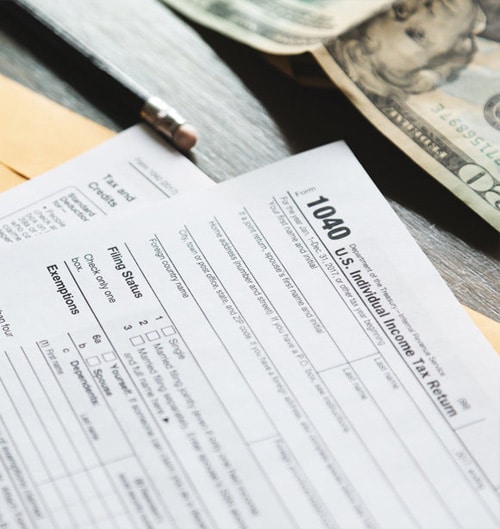If you are facing penalties that are a result of an audit – and would like to challenge the outcome – an audit reconsideration request would need to be submitted. However, given the seriousness of the issue, this is best done alongside a tax professional.
Get Immediate Help With:
- Personal Tax Audit
- Business Tax Audit
- IRS and State Tax Audit Representation
- Tax Audit Hearings and Appearances
- IRS Audit Reconsideration Petition
- Dispute Audit Civil Penalties, Fees, and Fines
- Appeals For Audit Reconsideration Rejections




